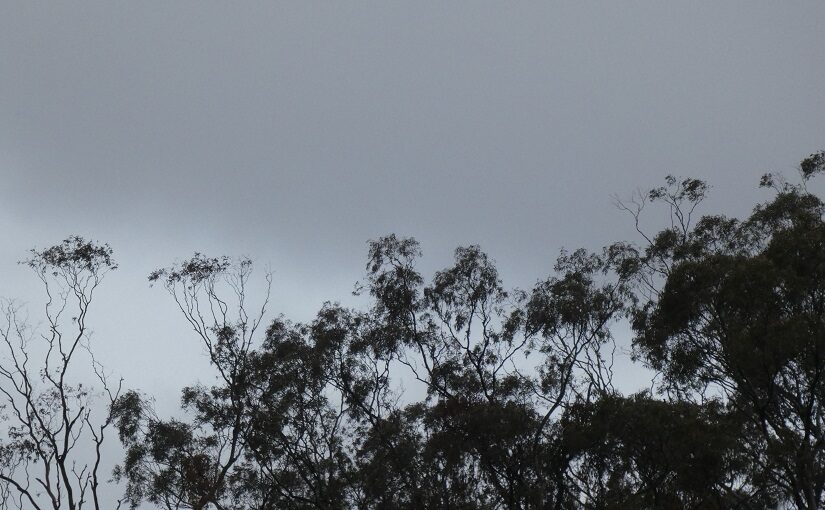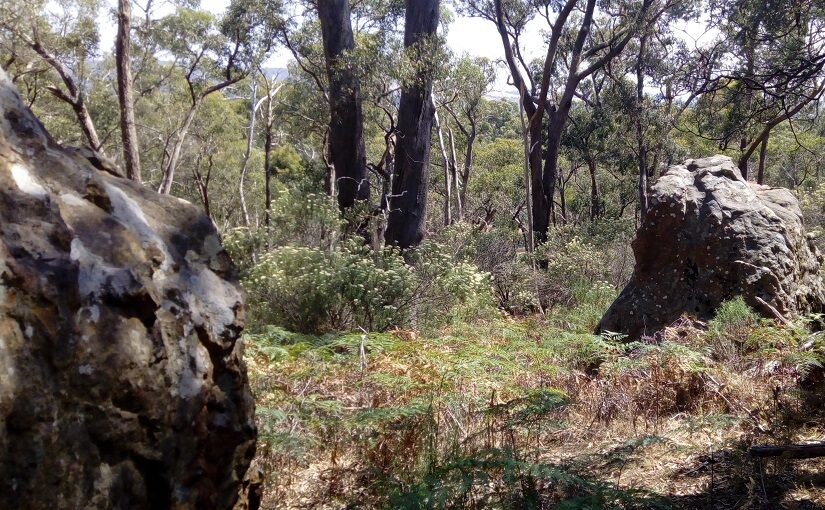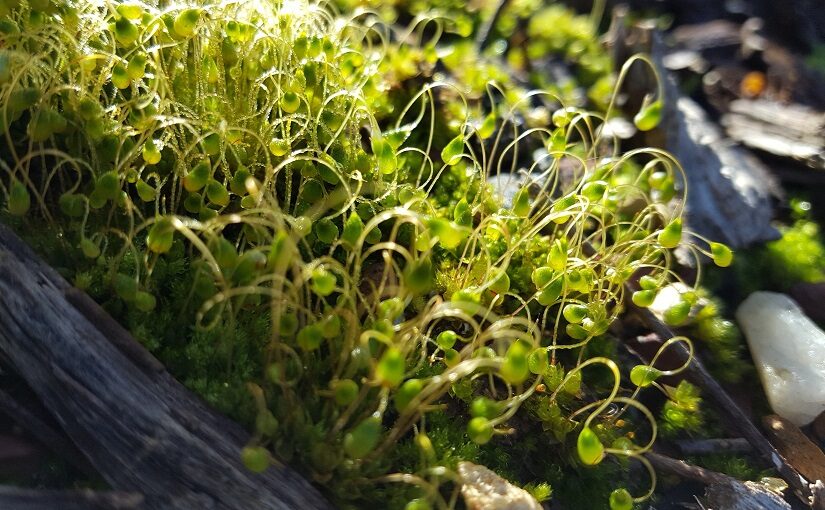In life, what are we to do at points of difference? All those inevitable places where our thoughts, experiences, ideas or conclusions diverge and a vast chasm might emerge between us and our perceptions of reality. Hasn’t it always been one of life’s challenges: who controls the thoughts we have in mind, the way we might voice them, or the paths down which they might lead.
Sometimes it seems life truly is accompanied by our thoughts about it – by all humans are going along with, buying into or carrying forward into that future we create through our participation. It can’t be without consequence, all that we choose to believe, act upon or defend in conversation with our peers. Isn’t it all an empowerment? An affirmation, condonement or encouragement of any given way of thinking. (Notes One)
Yet it’s also true that we live in such divided realities where – within as much as between our many countries – life simply isn’t the same for everyone. Doesn’t the world turn quite a different face to us all? Based on our background, our physical appearance or health, our personality, our innate talents or difficulties, our economic circumstances, or countless other potential labels we might be applying to one another.
How, then, are we to stand around that one reality and expect to have one conversation about it? It seems to be what we’re pushing for: for there to be one set of thoughts, one interpretation of what things mean and how much they matter. But won’t we all see things differently? Life having brought different aspects of itself to our attention as we’re each naturally drawn toward our own priorities or concerns. (Notes Two)
Sometimes it just seems we’re attempting to have that one big conversation, all at once, based on the model of the argument: each party trying to convince all others that their particular concerns matter “most”. As if there has to be a winner, somehow, in how our thoughts and words track alongside reality. As if we’re all simply to group together with those thinking like us in order to fight some global battle in the realm of ideas.
Not to say we shouldn’t challenge illogical, careless or dangerous thinking, but how exactly is this conversation to go for the best? The ideal of raising awareness around what life’s like for us all and all those situations our choices, words or attitudes play into – this picture of global awakening, as we realise the scope our thoughts and behaviours have in this deconstructed, interconnected world – seems so important. (Notes Three)
The world of ideals seems so much simpler than the messiness of reality, though. How easy is it to put yourself in another’s shoes, grasp life through their mind, and care enough to alter our views in light of theirs? This idea of humans, in all our diversity, standing around reality and simultaneously reflecting it in thought that respectfully accommodates everyone just doesn’t seem as easy as we might hope to imagine.
Notes and References:
Note 1: Attention as a resource
Note 1: What we create by our presence
Note 1: Charting our own course
Note 1: All we’re trying to uphold
Note 2: Has everything already been said?
Note 2: Pieces of the puzzle
Note 2: Acclimatisation to a world of meaning
Note 2: Seeing what things mean
Note 3: Being conscious of our constructions
Note 3: Threads, becoming a united whole
Note 3: Somewhere between ideals & realities
Note 3: The courage & pain of change










